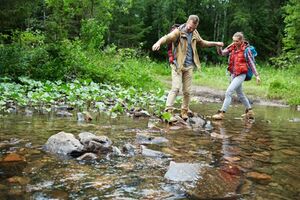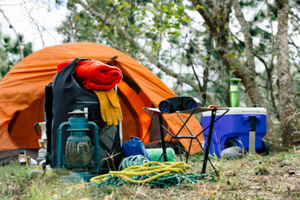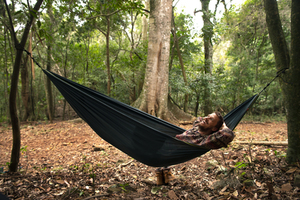
The allure of exploring untouched wilderness can be thrilling, yet daunting due to the inherent risks and challenges it presents. To safely enjoy these adventures, acquiring essential wilderness survival skills is crucial. This detailed guide not only enhances your preparedness but also equips you with the knowledge to effectively navigate difficult situations in the wild.
Preparing for the Wilderness: Essential Steps
Effective preparation is the cornerstone of any successful outdoor adventure, encompassing several critical actions:
Educational Training: Undertaking comprehensive survival courses such as those offered by the Boulder Outdoor Survival School (www.boss-inc.com) equips adventurers with vital skills like navigation, first aid, and emergency response.
Route Planning: It is essential to inform someone about your route and expected return, aiding potential rescue efforts if necessary.
Gear and Supplies: Packing must include navigational aids, a first-aid kit, a reliable multi-tool, fire-starting equipment, an emergency shelter, and enough food and water to last an unexpected extension of your trip.
Key Survival Skills for Wilderness Navigation
Thriving in the wilderness demands a mix of technical skills and practical application, particularly under stress.
1. Effective Navigation
Losing one's way can lead to dangerous situations:
Map and Compass Proficiency: GPS technology is useful but unreliable in remote areas without power sources. Learning to navigate with a map and compass is critical. Organizations like REI (www.rei.com) provide excellent foundational courses.
Using Natural Landmarks and Celestial Bodies: Besides technological aids, understanding natural navigation using the sun, stars, and environmental contours can be invaluable when traditional methods fail.
2. Water Procurement and Purification
Water is critical, and knowing how to safely obtain and purify it is essential for survival:
Identifying Water Sources: Water can often be sourced from streams, lakes, or collected from rain. Signs of water include lush vegetation or converging animal tracks.
Purification Methods: Techniques include boiling, chemical purification, and filtration systems. Learning multiple methods ensures you can produce safe drinking water under various conditions.
3. Building a Shelter
Adequate shelter is vital for protection against the elements and can be a morale booster in challenging conditions:
Shelter Site Selection: Choosing a safe and strategic location is as crucial as the construction itself. Avoid low-lying areas prone to flooding and areas under lone large trees that attract lightning.
Shelter Construction: Utilizing available resources like branches, leaves, or even snow to create insulation from the cold and protection from the wind and rain is a life-saving skill.
4. Fire Making
Mastering fire creation is essential for warmth, safety, and cooking:
Starting a Fire: Familiarize yourself with various techniques, from traditional flint and steel to modern magnesium fire starters.
Maintaining and Using Fire Safely: Beyond starting a fire, it's important to maintain it without causing a forest fire and use it to signal for help if necessary.
5. Signaling for Help
Effective signaling can dramatically increase the chances of rescue in emergency situations:
Visual and Audio Signals: Tools such as mirrors, brightly colored cloth, or improvised flags should be used alongside sound-making devices like whistles or horns.
Ground-to-Air Signals: Creating noticeable signals such as the letters "SOS" in an open area can attract the attention of flying search and rescue teams.
6. Food Procurement
Understanding what you can safely eat in the wilderness is crucial:
Foraging: Knowledge of local flora and fauna is essential to identify non-toxic plants and insects for nourishment.
Hunting and Fishing: Basic skills in setting snares or fishing can provide vital protein sources.
7. Mental and Emotional Resilience
The psychological aspect of survival cannot be overstated:
Maintaining Morale and Calm: Keeping a positive mindset and managing stress through techniques like meditation or structured problem-solving can improve decision-making and endurance.
Adaptability and Problem Solving: Being able to adapt to changing conditions and creatively use available resources is often the difference between surviving and thriving.
Conclusion: Enhancing Outdoor Preparedness and Safety
With thorough preparation and mastery of essential survival skills, wilderness adventurers can significantly enhance their safety and enjoyment. This knowledge not only prepares one for emergencies but also enriches the overall outdoor experience.
For further information on wilderness survival training or to find the best gear for your needs, visit Outdoor Adventures Connection at www.outdooradventures.pro. Here, you can access a wide array of resources, from expert training programs to equipment reviews, all designed to help you prepare for safe and exciting adventures in the wild. Connect with our community of outdoor enthusiasts and experts to empower your journey into nature with confidence and competence.

-(2).png)


.png)


.png)





-(1140-×-106-px).png)
.jpg)
Leave Comment Below